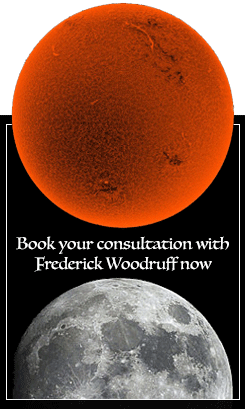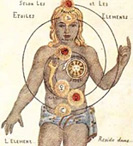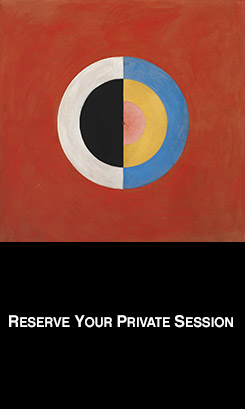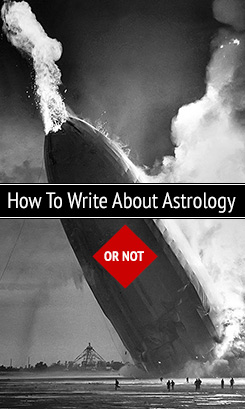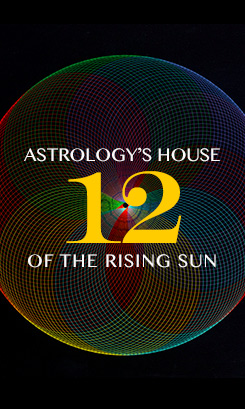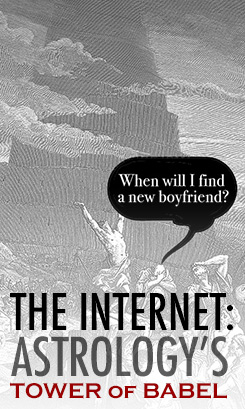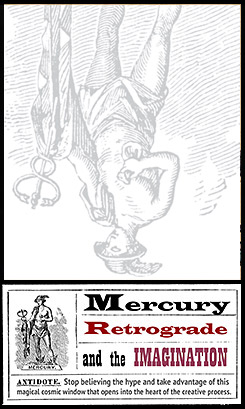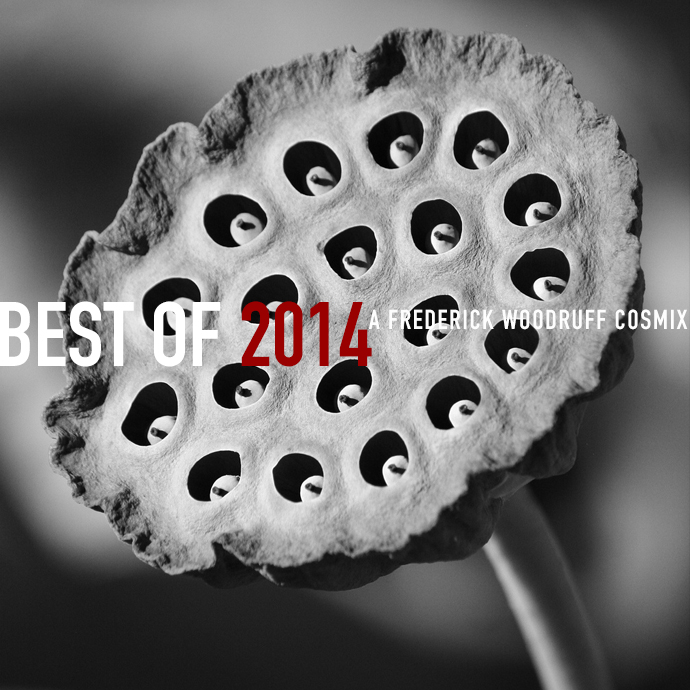Van Morrison: Rave On, John Donne

Break, blow and burn. Van’s incantation will take you up and out; this song amazes me over and over again.
Rave on John Donne, rave on thy Holy fool
Down through the weeks of ages
In the moss borne dark dank pools
Rave on, down through the industrial revolution
Empiricism, atomic and nuclear age
Rave on down through time and space down through the corridors
Rave on words on printed page
Rave on, you left us infinity
And well pressed pages torn to fade
Drive on with wild abandon
Uptempo, frenzied heels
Read more
Start Your Tail Waggin’
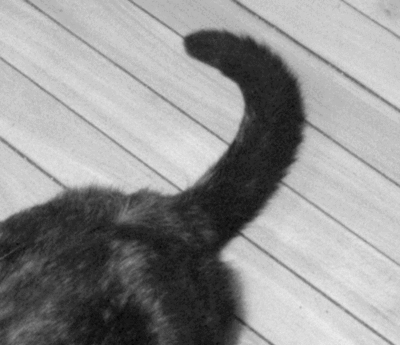
Follow me on Facebook, Twitter, MixCloud and TinyLetter.

The One, Short, Five-Minute Documentary You Want to Watch Right Now To Counteract The Feeling That You’re Going Crazy

I’ve written about filmmaker and provocateur Adam Curtis before. I suggest you read that post, Pop Culture’s Edgiest Truth-Teller, to see more of what he’s about.
But do so after you watch his latest short documentary that he created for the BBC’s year-in-review program 2014 Wipe. He spins an eerie cocoon of unsettling facts, images and propositions — all centered around a condition that is just as apt to American economics (and the political machine that support those tactics) as anything coming out of Russia or the UK. (I’m deliberately being vague so you watch the video below).
Curtis’ audio visual inquiry is an apt mirroring of the final release of the in-progress Uranus Pluto square (culminating in May of this year). Another way to read this square, as related to what Curtis is highlighting, would go like this:
It’s through the deliberate manipulation of future shock (a Uranian theme that the futurist Alvin Toffler framed many years ago) that a massive rape and robbery (big Pluto themes) are underway — all under the auspices of destabilization and confusion. That condition, too, would be the Pluto part of the equation — where any sense of proportion is lost. Where larger-than-the-imagination fortunes are the prize; as Curtis notes related to the mystery of ‘quantitative easing’:
Who to trust as a vetted and informed realist for information delivery? And what if the destabilization and confusion are simply natural byproducts of a sociocultural breakdown that is inevitable when any system has maxed out its lunacy cycle. Perturbations are the norm in science when one form or system is impacted by another. The question remains as to what, exactly, this other system connotes. Evo- or de-evoltuion?
My sense is that all of this is a kind of ‘spinning beyond one’s personal control’ phenomena that our connection to the Internet exacerbates and throws into high relief. Bold, monstrous motions like this by an economic political body are akin to larger-than-life ‘selfies‘. Only the caption here would read: “Look! I can rape an entire culture.”
This is crime as art, and all artists, despite the threat of legal ramifications, want credit for their creations. And now the entire world can watch. But through a confused, scattershot lens.
New Cosmix: The Best of 2014
2014 was another year where all of the really great music had to be sleuthed out like truffles.
And I’m your hog.
Here’s a bunch of my favorites jammed together in my traditional year end mix. Enjoy!
And a blessed, enlivening, creative, mind-bending, heart-opening 2015 to each of you.
A Mystical View of the Christmas Tree

from December 2009
I’ve always put up a Christmas tree. Despite the halfhearted participation (and groaning) of my boyfriends, I’ve faithfully, right after Thanksgiving, headed out and bought (or here on Vashon, cut down) a tree to lug home. It’s a ritual I rarely miss.
After visiting India some years ago I returned home in the winter and the notion of putting a bauble-laden tree on display felt absurd. This is a rite of passage for anyone who ventures to India: Your brain cells are rearranged and you never view your world, or its customs, the same. I know that was true for me as a Westerner. Christmas in America, after the dust and squalor of India, felt gluttonous. So I skipped the holidays that year — though I missed having a tree in the house.
Read the entire essay here.
Your Original Face and the Night
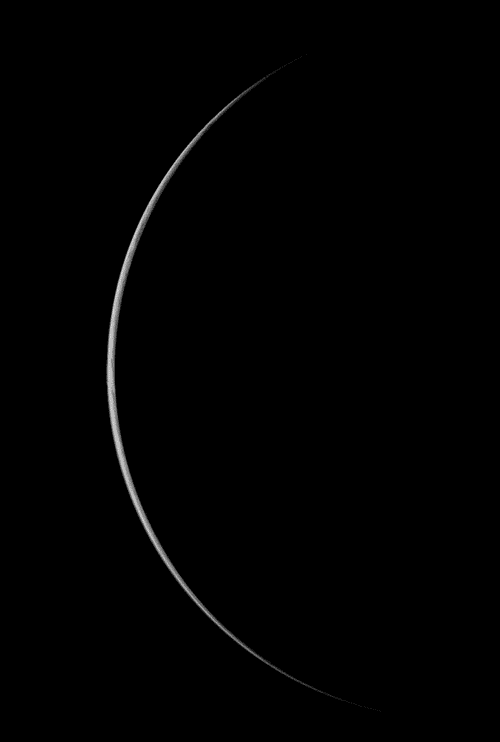
Living in the Pacific Northwest affords you lots of opportunities to stare directly at the Sun.
That reads weird, but since childhood we’re told never to stare at the Sun because we’ll go blind or insane. So when the opportunity to stare arrives one should take it.
This childhood proscription felt doubly true when I lived in Hawai’i because there was so much Sun. Too much Sun after awhile — and so I moved to Seattle to stare.
I was looking at the Sun the other day because the conditions were ideal here on the island. A gritty fog was dispersing off of the harbor, overshadowed by a bowl of overcast –Â a spread of grey punctuated by a bright white smudgy ball; a stealthy Sun at high noon.
Staring was startling because it reminded me of something I don’t think about that often, but when I do think about it I’m transported into a visceral feeling of living on a planet that is floating around in the immensity of endless black space.
The cycle of night day, night day, night day fashions reality into a false notion that night and day are equal. When really day is just a gift of a sliver of a twelve-hour moment. All else is nightness.
And when I have that sensation I’m reminded of what I felt like as a kid with my mom and dad and how tethered I was to them, always in orbit around their presences. Much like the Earth is with the Sun. And the Moon with the Earth. People, stars, planets and moons. Unions comprise cosmoses — small and personal or immense and seemingly impersonal.
In that same cloud light the other day, staring at the Sun’s nimbus, I also recalled a passage from A.H. Almaas‘s last book in his Diamond Heart series. It’s called Inexhaustible Mystery. He wrote a chapter titled Beyond Consciousness (one of those chapters that is worth the price of the entire book). And in this chapter is a poem he wrote called The Guest Only Arrives at Night.
The Guest of course is the Beloved, which is really you without an identity that is based on a relationship to a mother and a father. Imagine that. Read more
